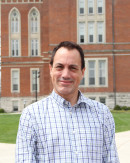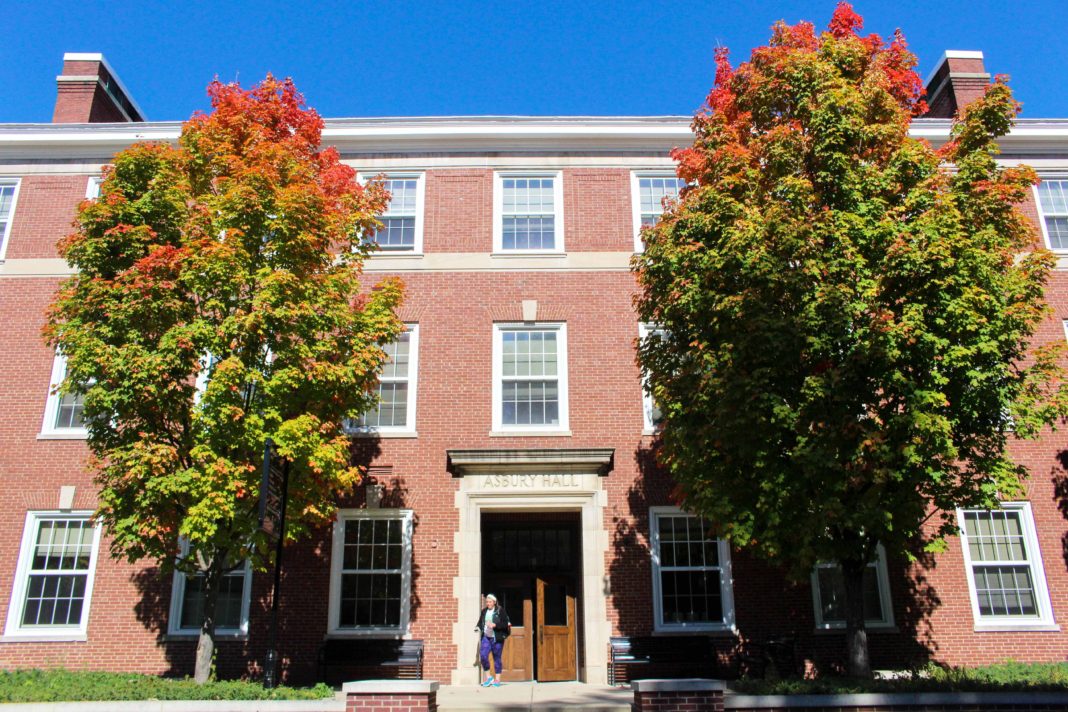Off-campus study can be an extremely rewarding experience to gain uniquely insightful first-hand experiences and challenge oneself to grow beyond their comfort zone. On Sep. 19 at Daseke Hall, the Director of Off-Campus Programs David Crout hosted an information session about off-campus funding, discussing potential scholarship & grant options as well as application and budgeting tips.

At the beginning of the session, Crout emphasized the importance of understanding the destination beforehand, as the living expenses in some cities, such as New York (USA), Tokyo (Japan), or Oxford (England) will be higher than others, namely Limerick (Ireland), Durham (the UK), or Indonesia. Prior to their traveling, students should consider different means of transportation in groups, prepare a travel friendly bank account, and purchase international phone plans. This will prevent any surprises later on, which may add more price to the experience than there should be. Upon arrival, Crout advised that students should spend time exploring the local area instead of traveling right away. He also suggested that self-catering, especially with other students, would be cheaper, healthier, and creates opportunities for socializing.
Moving on, Crout highlighted the financial aid resources for off-campus study. Six of the most notable programs are DIS (Studying Abroad in Scandinavia), IES Abroad (Institute for the International Education of Students), SIT Study Abroad (School of International Training), FIE (Foundation for International Education), ISA/Worldstrides/TEAN (International Studies Abroad), and SFS (The School for Field Studies). Students should be aware that these programs differ in financial aid types (scholarships, grants, national awards, loans), purposes (merit, need-based, diversity & inclusion), levels, fields, and eligibility. There are also financial aid programs for international students, students of color, Latinx & Hispanic students, students of the LGBTQIA+ communities, and students with disabilities (might or might not be specific for off-campus study).
With so many different options on the table, Crout encouraged students to prepare ahead of time by reviewing the application criteria for required documents and additional questions. According to Crout, when answering questions, students should focus on their own experiences and specify how they align with the program’s values, missions, and curriculum rather than “writing a theoretical essay about the benefits of study abroad.”
Alberto Zamora, a sophomore coming back from his own off-campus study, shared that interested students should talk to different people and explore multiple packages to find out the best choices for themselves. Zamora also highly recommends coming by the Hubbard Center for more information and consultancy.
There are some search sites that students can use to stay updated on the many choices for financial aid, such as Scholarship Owl, GoAbroad, and ScholarSnapp. If students are interested and would like to find out more about off-campus study, they are welcome to visit the Hubbard Center and meet up with Director Crout (davidcrout@depauw.edu) for any questions they may have. Crout also informed the session attendants about a great opportunity to explore their preferences at the Off-Campus Study Global Fair next Tuesday (September 26) from 11 a.m. to 2 p.m.

